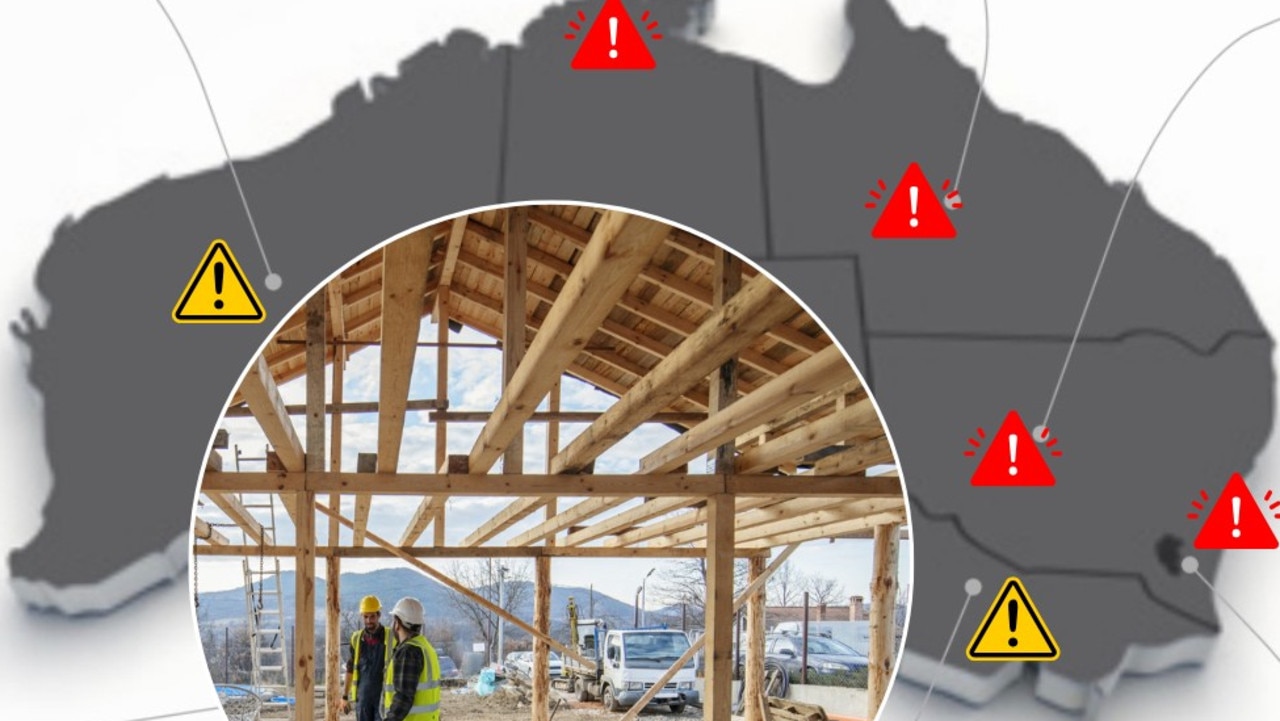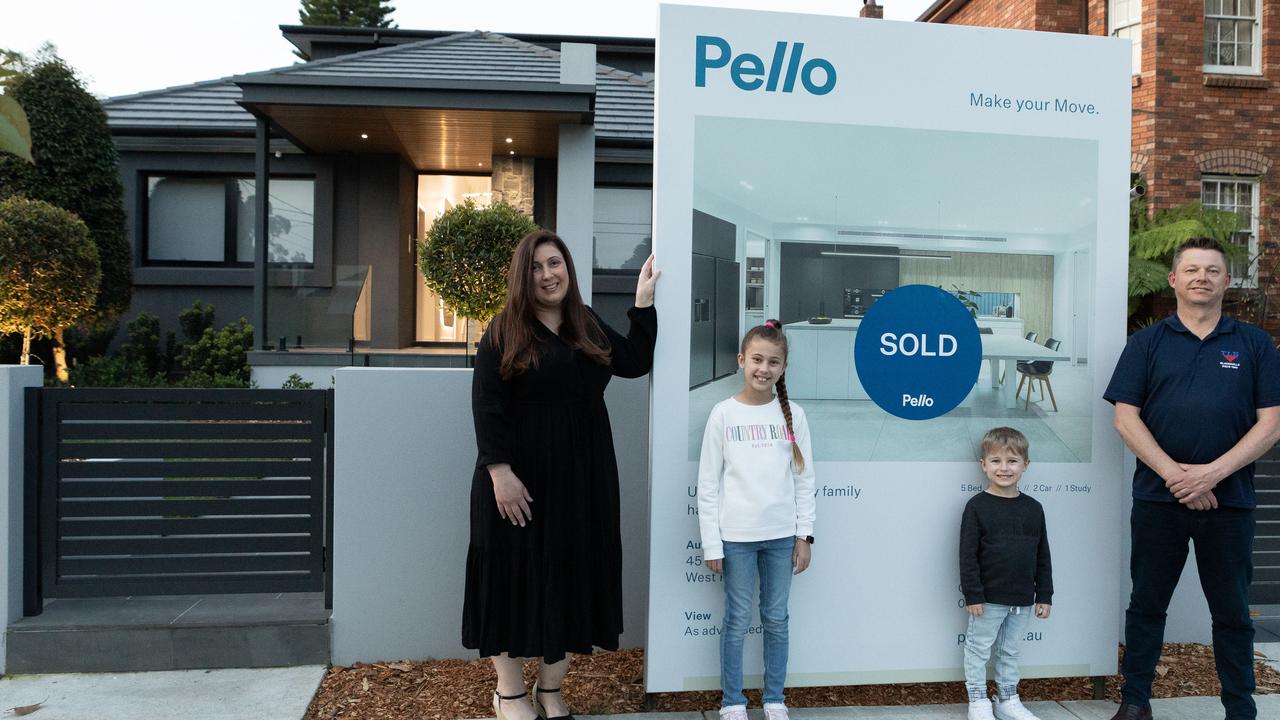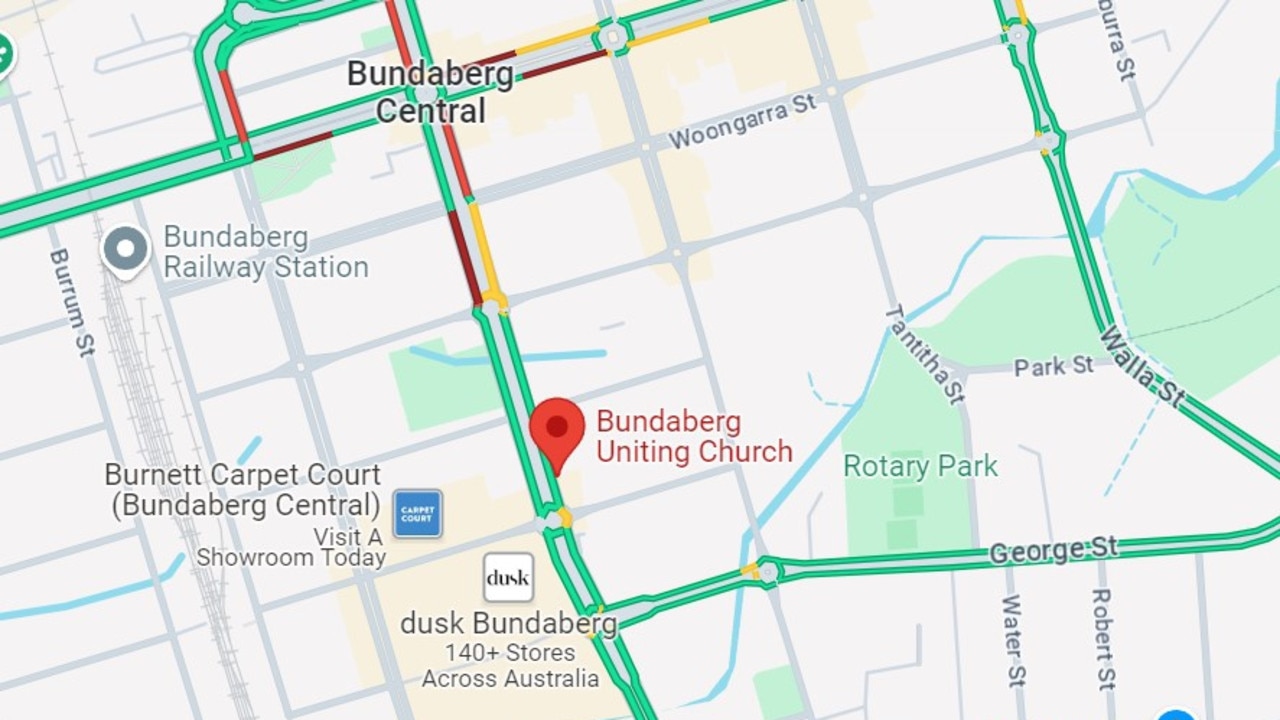Australian rents record highest rise since GFC
Australian renters have been slogged with the highest rent increases in more than a decade, with costs in one city rising by more than $5000.
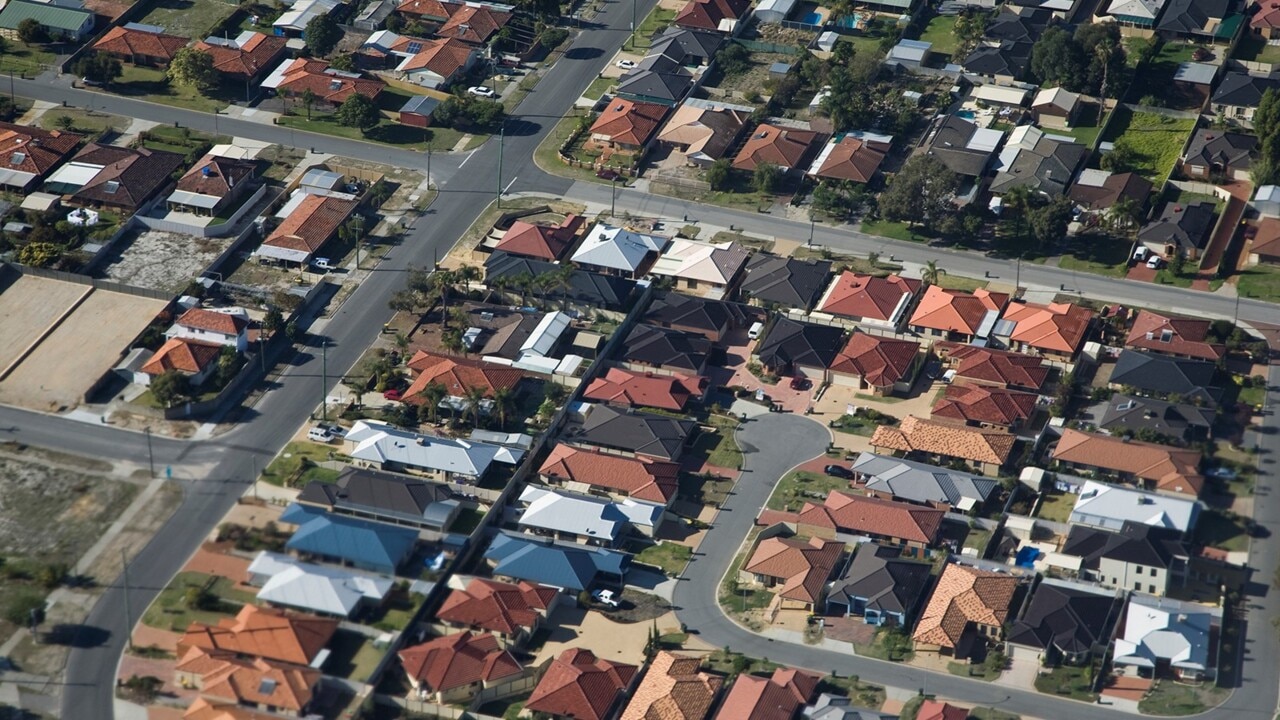
Australian renters have been slogged with the highest rent increases in more than a decade.
Rents have risen by 6.6 per cent over the past year, according to data from research firm CoreLogic provided to news.com.au.
An annual increase of that size has not been seen since January 2009 in the aftermath of the global financial crisis.
The national average cost of renting a house or apartment is now $476.
On average, renters have to cough up an extra $29.50 a week, or $1534 a year (if rates stay the same), compared to 2020.
Darwin has seen the biggest increases, with rents rising by a whopping 21.8 per cent, or $98.17 a week.
That means those renting in the Northern Territory capital must fork out an extra $5100 compared to last year.
RELATED: Where it’s cheaper to buy than rent
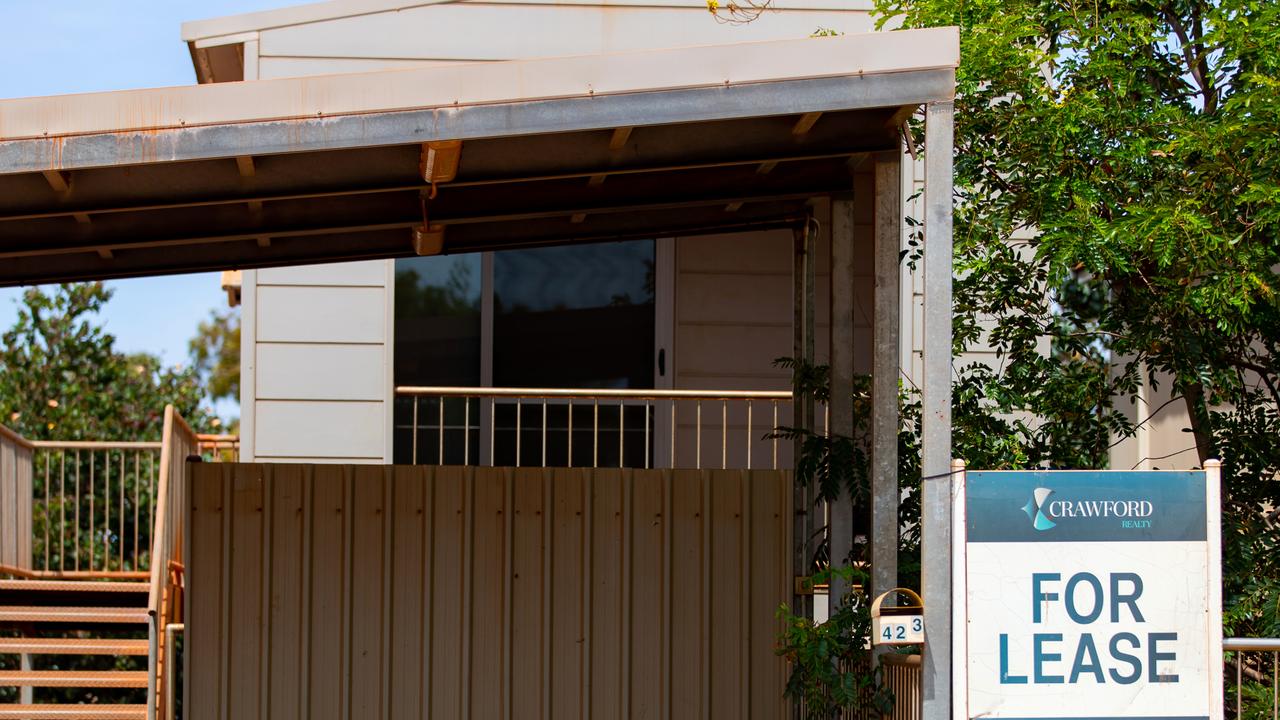
RELATED: Outrageous price for fire-damaged house
And while the two biggest capitals are usually associated with high living costs, the Covid-19 pandemic and a rush to the regions put severe downward pressure on rents.
Melbourne came in bottom of the pack, and was the only capital city where rents decreased over the past year.
Rents in the Victorian capital fell by 1.4 per cent, meaning renters are paying $6 less a week compared with 2020.
In Sydney, rents rose by a sluggish 3.2 per cent, which was the smallest amount for any capital city other than Melbourne.
At the same time, demand for housing in regional areas has soared.
The average home in the regions now costs $441 a week, which is a rise of 11.3 per cent – the biggest yearly rise on record for regional rents.
CoreLogic has credited a lot of the changes to Covid-19, as lockdowns drive down rents in Sydney and Melbourne while making regional areas more desirable.
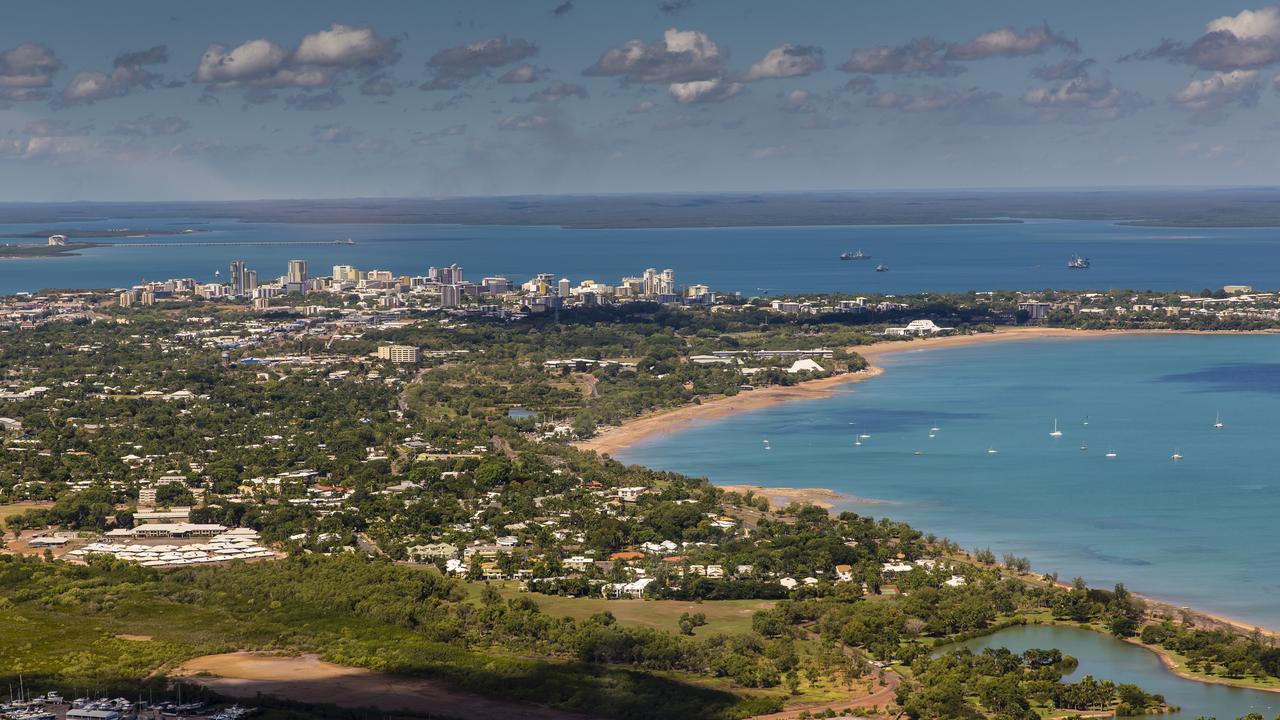
RELATED: Sydney teenage TikTok star to buy house
Canberra remains the most expensive city to rent at $620 a week, with Adelaide the most affordable at $430.
Sydney was a close second at $582 a week followed by Darwin at $548.
Melbourne is now the second cheapest rental market, with typical dwelling rents coming in at $444 per week.
Rents also rose sharply in Brisbane, Adelaide, Canberra and Hobart, up nearly 10 per cent over the last year.
CoreLogic Australia head of research Eliza Owen says Sydney and Melbourne’s rental markets were the weakest because of the unique impacts Covid-19 had on those cities.
“In Sydney and Melbourne … these cities, which have historically had the highest intake of international migrants, have seen rental demand most impacted by international border closures amid the pandemic,” she said.
However, there are signs that the rental market is slowing down.
CoreLogic’s national rent index recorded a 2.1 per cent rise in the three months to June 2021, down on the 3.2 per cent rise over the March quarter.
“It is interesting to note that, as with house prices, rent prices are seeing a deceleration in growth at the national level and across each of the capital cities,” Ms Owen said.
“This may reflect affordability constraints, but there could also be higher levels of rental supply as investor activity in the market increases.”
She added, “Although demand across these unit markets remains fairly subdued, there are signs that rents may be stabilising at lower levels.”

